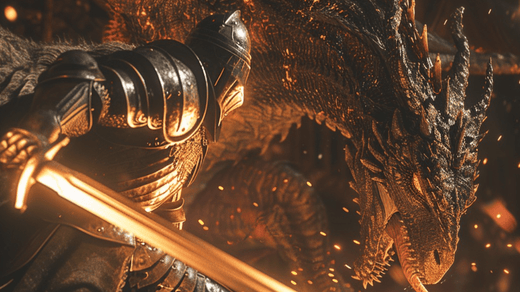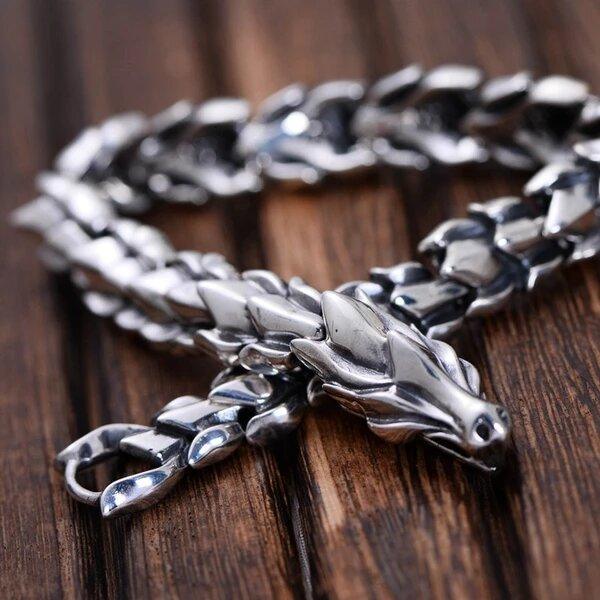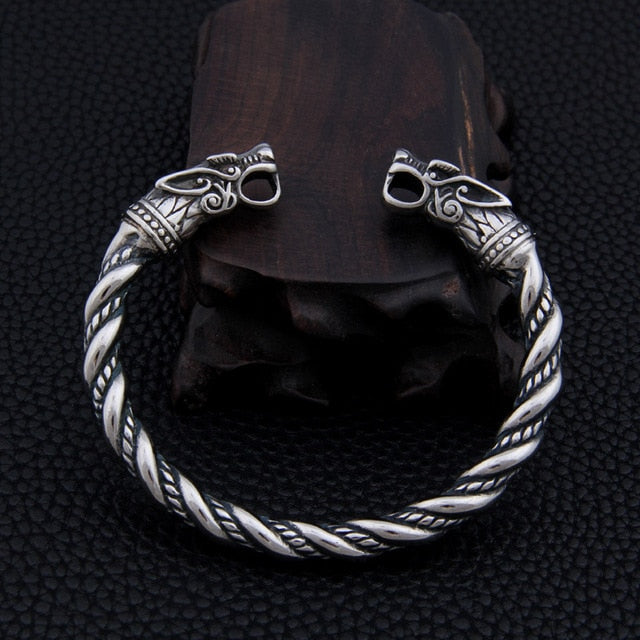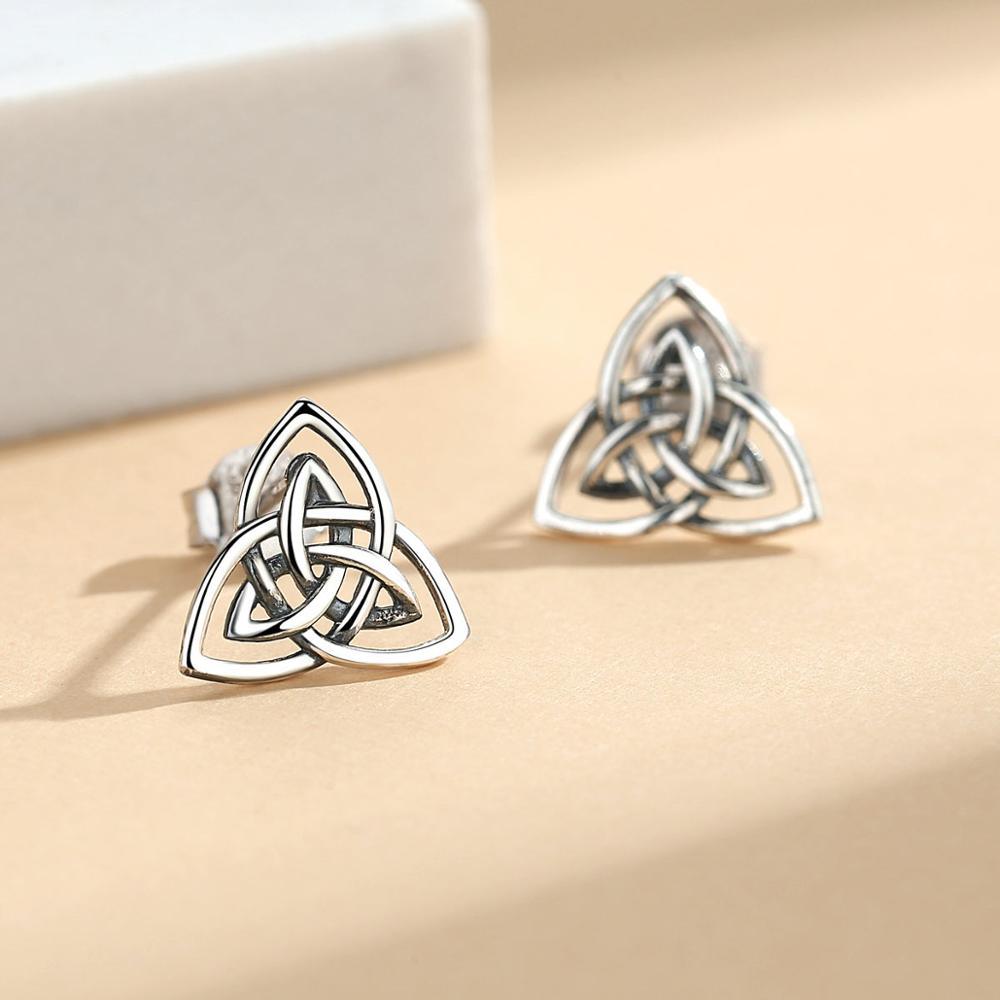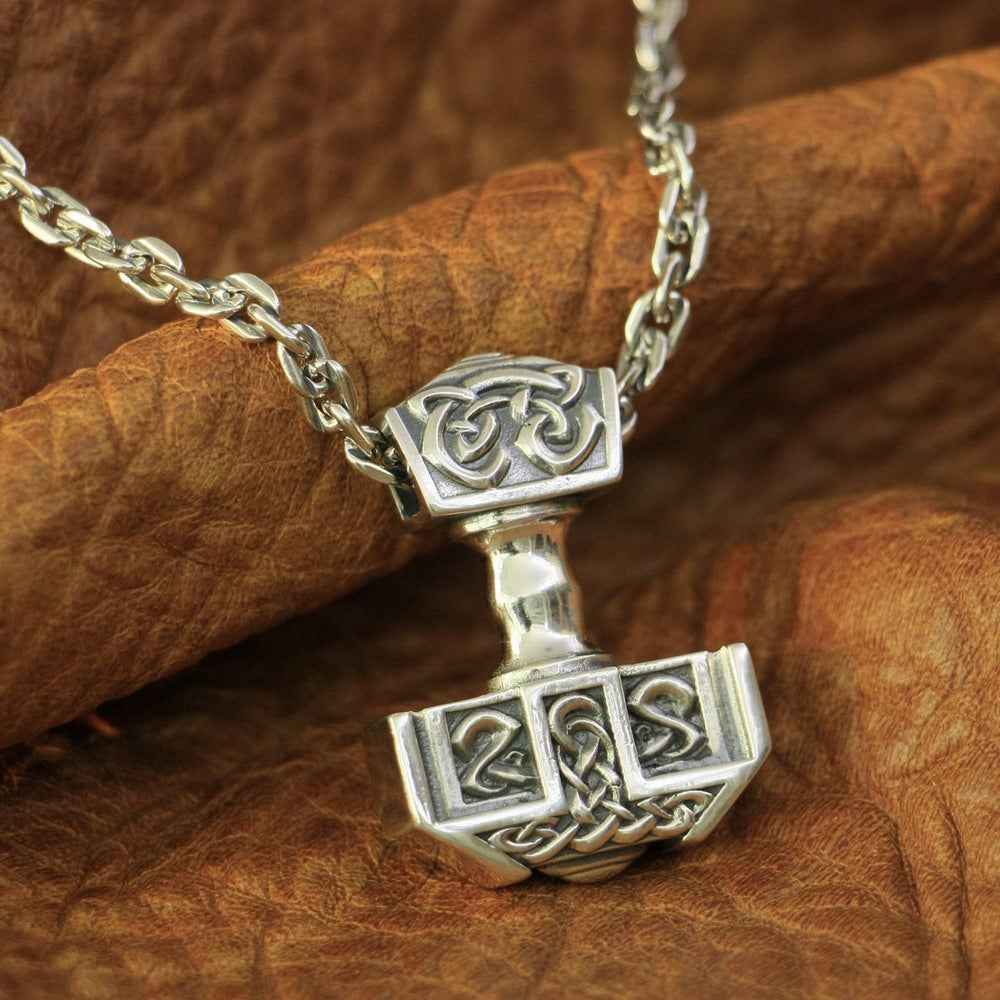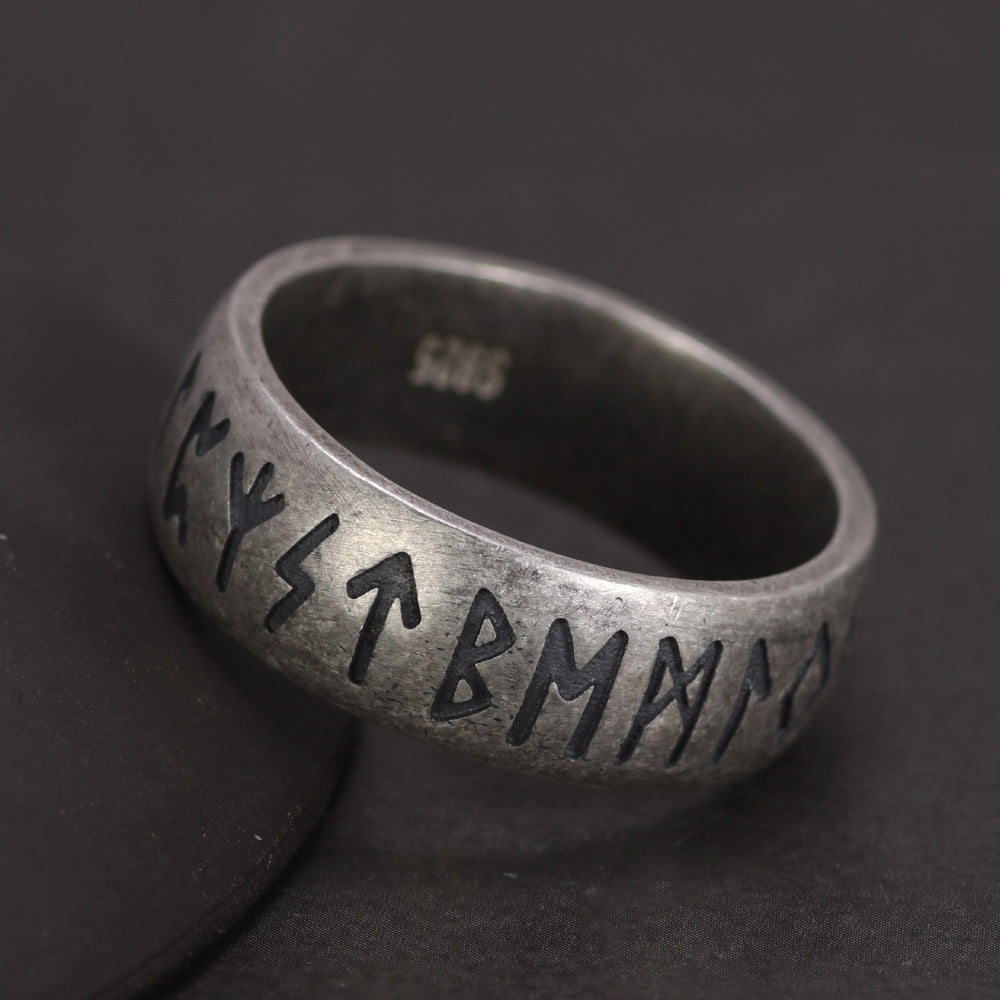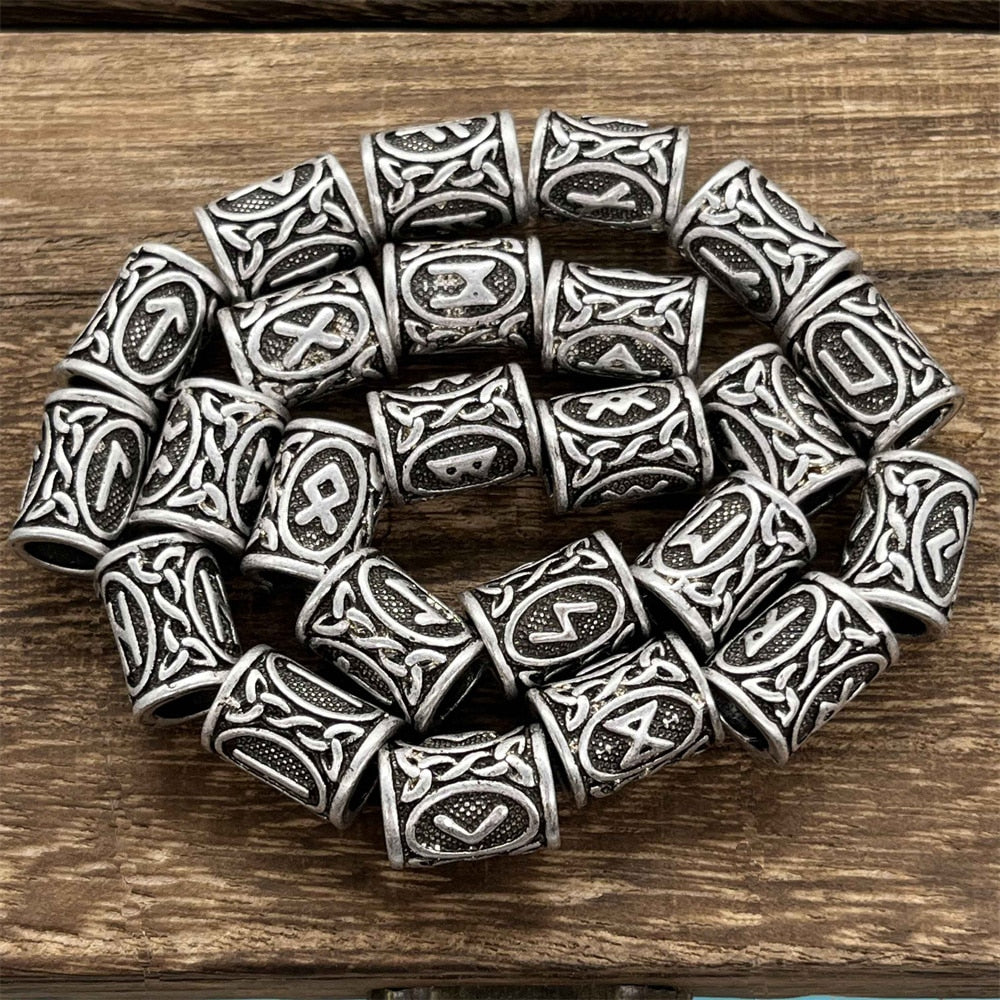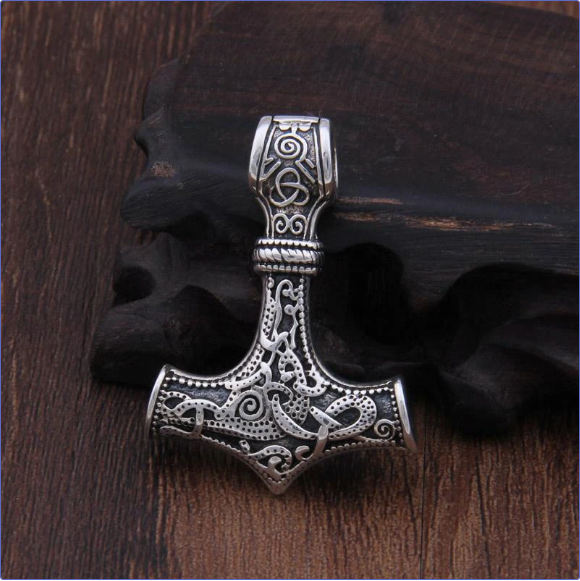The Völsung Saga, a cornerstone of Norse mythology, stands as a vivid testament to the richness of Scandinavian storytelling. With its roots in oral tradition, the saga recounts tales of heroism, betrayal, vengeance and love, shaping the mythological and cultural identity of the medieval Norse world. Composed in the 13th century in Iceland, the saga has had a profound influence on Western literature and has captivated audiences for centuries.

The saga primarily chronicles the lives and adventures of the Völsung family, descendants of the God Odin. If epic heroes, wielding magic swords and facing chaos brough by a magic ring sounds familiar, it is because the saga was the inspiration for the fable Lord of the Rings by Tolkien.
At the heart of the saga is Sigurd, a legendary hero whose deeds and tragedies resonate with themes of fate, loyalty, and honor. The narrative begins with Sigi, a son of Odin, and traces the family’s lineage through the generations to Sigurd, who slays the dragon Fáfnir (read more here) and becomes entangled in a tragic love story with Brynhildr, a shieldmaiden (read about her here).
The tale incorporates other famous mythological elements, such as the cursed ring of Andvari (read more here), the treachery of the Gjúkungar (the Burgundians), and the overarching presence of fate, often personified by the Norns. The saga captures the grim, often fatalistic tone characteristic of Old Norse literature, where characters struggle valiantly against the inescapable tide of destiny.
Key Themes in the Saga
The Role of Fate and Destiny
The saga reflects the Norse worldview, where fate (or "wyrd") governs all. From Sigmund’s acquisition of the sword Gram to Sigurd’s doomed love for Brynhildr, the Völsung family’s lives are inextricably tied to their fates. The inevitability of fate underscores the tragic beauty of the saga, as characters face their destinies with courage and resolve.
Heroism and Honor
Heroism is a central pillar of the Völsung Saga. Sigurd’s slaying of Fáfnir is the epitome of Norse heroism, marked by courage, skill, and cunning. However, heroism is often accompanied by complex moral dilemmas. For instance, Sigurd’s loyalty to his blood oath with Gunnar ultimately leads to his betrayal of Brynhildr, creating a moral tension that enriches the narrative.
Love and Betrayal
The saga also explores the complexities of love and betrayal. The tragic love story between Sigurd and Brynhildr is one of the most poignant episodes, marked by misunderstandings, deceit, and ultimately, Brynhildr’s vengeance. This theme mirrors the broader human struggle with conflicting loyalties and emotions.

Influence on Western Literature
The Völsung Saga has left an indelible mark on Western literature and culture. It served as a source for Richard Wagner’s epic opera cycle, Der Ring des Nibelungen, and J.R.R. Tolkien drew inspiration from it for The Hobbit and The Lord of the Rings. The saga’s themes of cursed treasure, heroic quests, and doomed love continue to resonate in modern storytelling, reflecting its timeless appeal.
Modern adaptations of the Völsung Saga often explore its psychological and philosophical dimensions, emphasizing its relevance to contemporary issues such as the human condition and the nature of power. The saga’s exploration of fate, identity, and morality provides a framework for understanding the complexities of human life, making it a rich source for academic and literary exploration.
Bibliographical References
Jesse L. Byock. The Saga of the Volsungs: The Norse Epic of Sigurd the Dragon Slayer. ISBN: 978-0140447385
Andy Orchard. Norse Myths: A Guide to the Gods and Heroes. ISBN: 978-0192805030
H.R. Ellis Davidson. Gods and Myths of Northern Europe. ISBN: 978-0140136272
